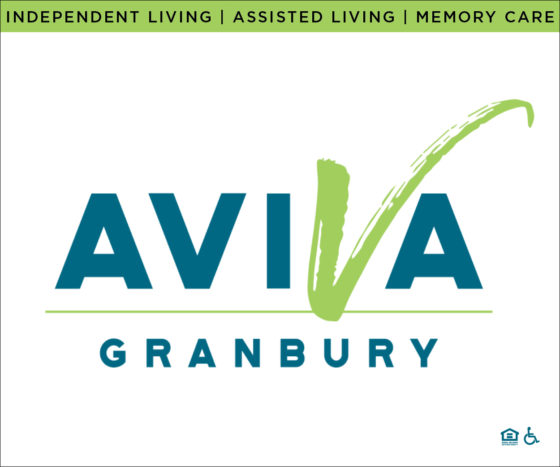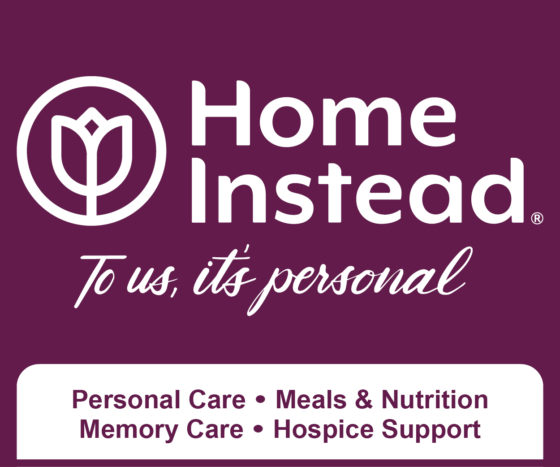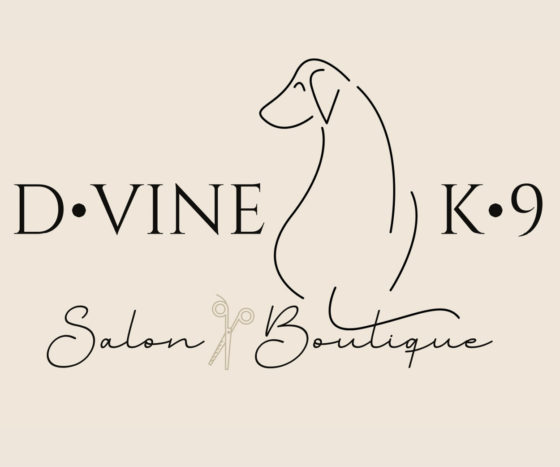By Ken Keller
Dear Ken Keller,
At a recent trade show in Las Vegas , I took a prospect and two of my sales team out for an expensive dinner to close a deal. As we dined, I became increasingly embarrassed by the poor table manners displayed by my employees. We did get the business but I’d like to improve the professionalism of my team. Please share your thoughts on how to proceed.
Larry P.
Dear Larry:
I once hosted a workshop for clients on meal etiquette. One attendee criticized me for this, telling me that “everyone should already know this stuff.”
My response was that when people attend a workshop, they either “learn or confirm” and that when the client attended, he “confirmed” what he already knew. For others, it was an opportunity to learn a very important social skill.
I would not single out the two people that were with you in Las Vegas . If you make the training mandatory for your entire team, it will be a better investment. Participating will raise the confidence level and morale for every employee.
Hire an experienced consultant for the training, and make it both fun and educational. Because you are specifically focusing on table etiquette, host either a breakfast or lunch session at a local white table cloth establishment. They will be able to work with you to make sure the event is a success for you and for all those who attend.
Dear Ken Keller,
I’ve got a long time employee in a key role that is very knowledgeable, but has been rude to both coworkers and vendors. She has not yet been rude to a client but I fear that is coming. I’m not sure if she is overworked, burned out, or just unhappy or frustrated about something. I don’t want to lose this employee but I need help addressing this situation.
Mike H.
Dear Mike:
You are long overdue to have a “fierce conversation” with this employee. Actually, you will need to have three of them.
The first talk will be short, not more than five minutes. Have the meeting early in the day and plan to send her home once the meeting concludes. The purpose of the meeting is to advise the employee that you have identified unacceptable behaviors and a communication style that cannot continue.
This is not a discussion; this is a situation which will require her to be aware of her actions, recognize the impact and the need to change. She may be in denial so you need to provide three recent examples and do not allow her to dispute or debate your statements.
Early the next day, hold the second conversation. This is also short; it is the prescription meeting. You need to decide in advance what you will have her do to fix this situation. You might want to have her apologize to those impacted, reduce her workload; direct her to take time off, take an anger management course, etc. You must prepare in advance.
The third meeting is an open-ended meeting because you need to stay on top of the behavior so that it does not return. You will need to have additional consequences ready to impose if things revert, up to and including termination.
Two things will make this process easier for you. First, understand that the individual in question could be creating a hostile work environment which is a legal situation that must be addressed quickly and competently or you and your company will be at severe risk. Second, in a discussion of this importance, you should have trusted counsel in the room with you when you meet with this employee.
Ken Keller is a syndicated business columnist focused on the leadership needs of small and midsize closely held companies. Contact him at [email protected]. Keller’s column reflects his own views and not necessarily those of this media outlet.













